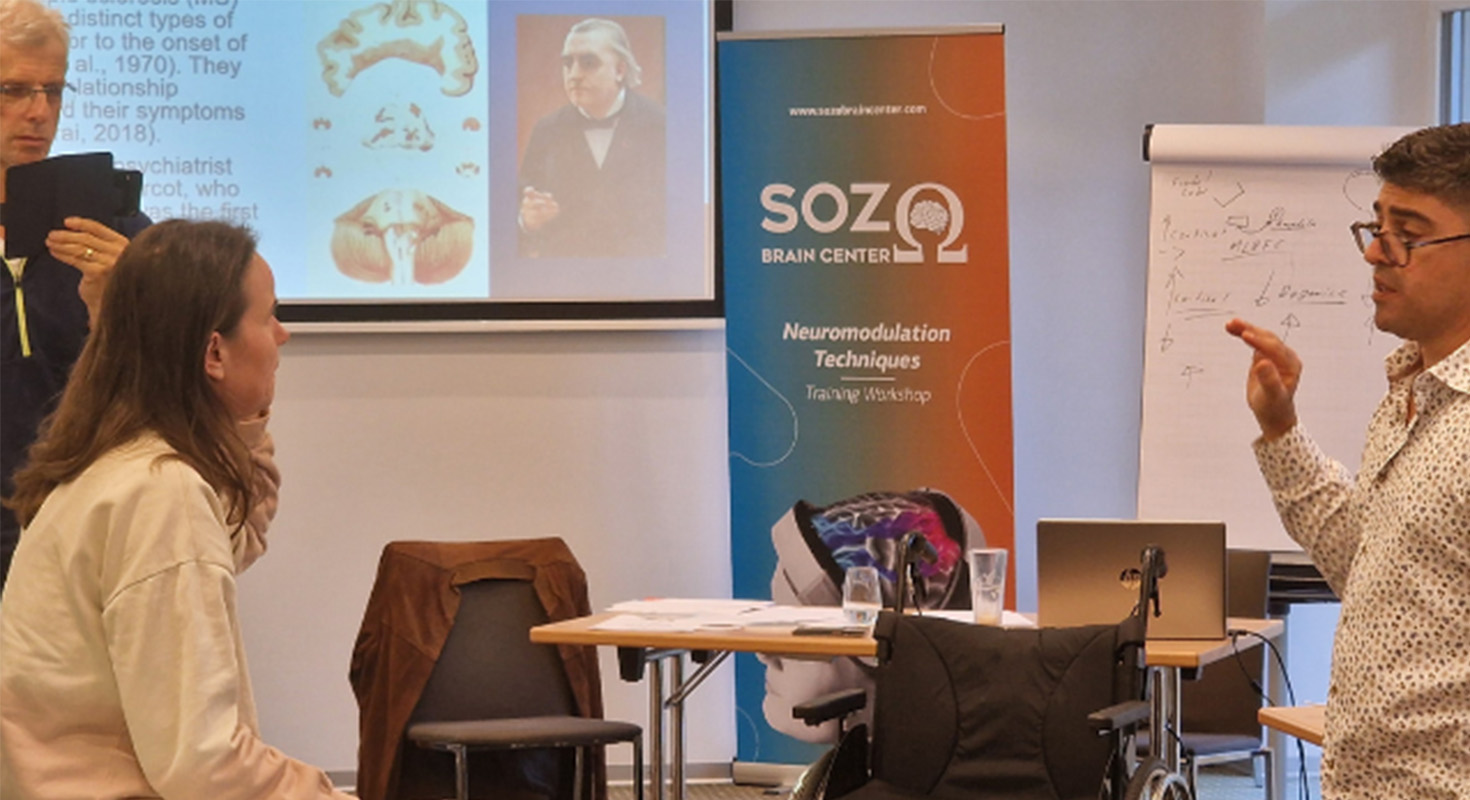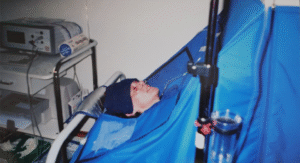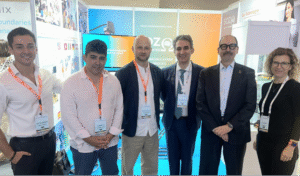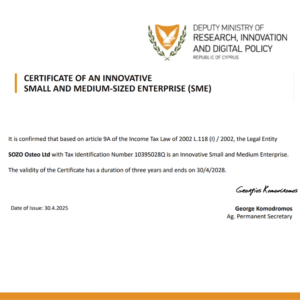SOZO Brain Center’s latest neuromodulation workshop took place in Rheinfelden, Switzerland, where our team of experts, showcased remarkable advancements in brain stimulation treatments using a new multipolar tDCS device. The workshop was organized by Dr. Michael Kübler, and was mainly focused on severe neurological cases, including ALS, Parkinson’s, multiple sclerosis (MS), and CRPS (Complex Regional Pain Syndrome).
The highlight of the seminar involved a famous neuroscience expert, Professor Nic Lucas, attending the event and witnessing extraordinary patient recoveries. Professor Lucas is a distinguished professor from the University of Sydney and was deeply impressed by the results of neuromodulation on the patients.
Several case studies from the workshop that really stood out:
- ALS Patient Recovery: After being bedridden for three months, an ALS patient was
- able to stand and walk following treatment with the new tDCS device. While long-term improvements in ALS cases should be approached with caution, this device has shown the potential to stabilize the condition, providing temporary benefits in up to 60% of cases.
- Spastic Paresis Case: A spastically paralyzed patient with severe “phantom pain” from two brain haemorrhages experienced significant improvement. After 30 minutes of stimulation, she was able to lift her previously immobile arm and walk with assistance. Further improvements are expected however, dancing which is the patient’s big wish, may not be possible.
- Multiple Sclerosis (MS) and Parkinson’s Treatments: Another patient with progressive MS, initially unable to move her legs, showed remarkable improvement after 30 minutes of neurostimulation, with her knee bending over 90°. A Parkinson’s patient also saw dramatic results, including quicker movement and overcoming motor “freezes,” following the stimulation of targeted brain centers.
Watch 2 of the patients’ examinations during the workshop in the video below

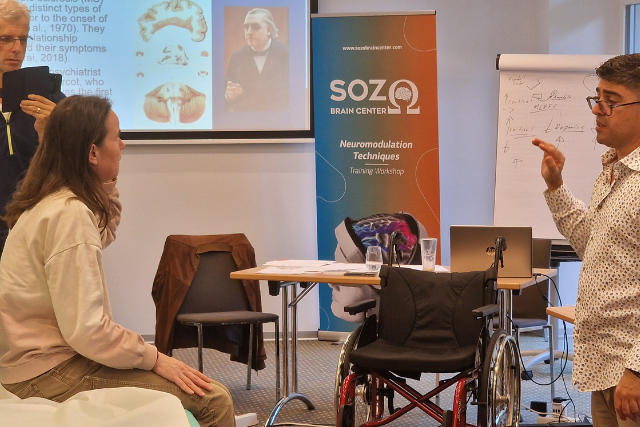
This advanced tDCS device is the result of extensive scientific studies, with 90% of all tDCS research performed using this equipment. Our team emphasized on the need for specialized expertise to operate the new technology, which requires both substantial financial investment and dedicated practice for doctors.
The workshop concluded with positive feedback on the precision and structure of SOZO Brain Center’s protocols and methods. Further training sessions are planned for Vienna in October and Cyprus in November, continuing to explore the life-changing potential of neuromodulation for patients with serious neurological conditions.
